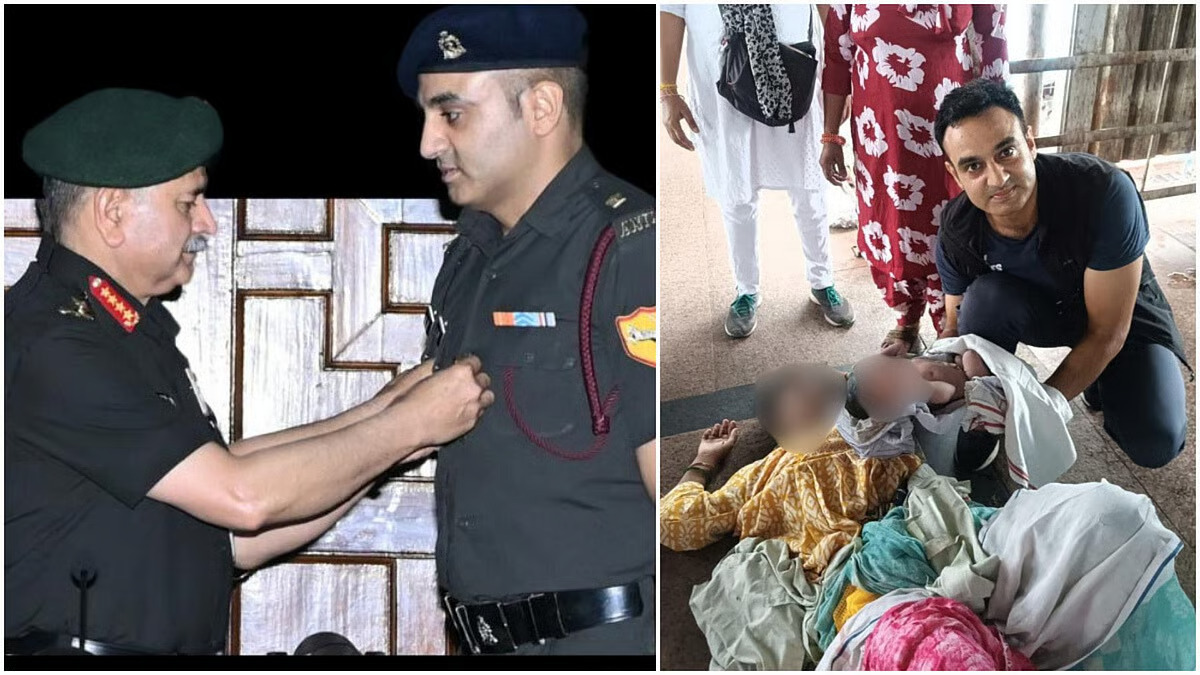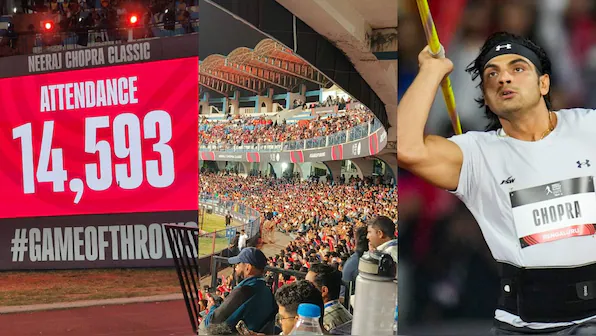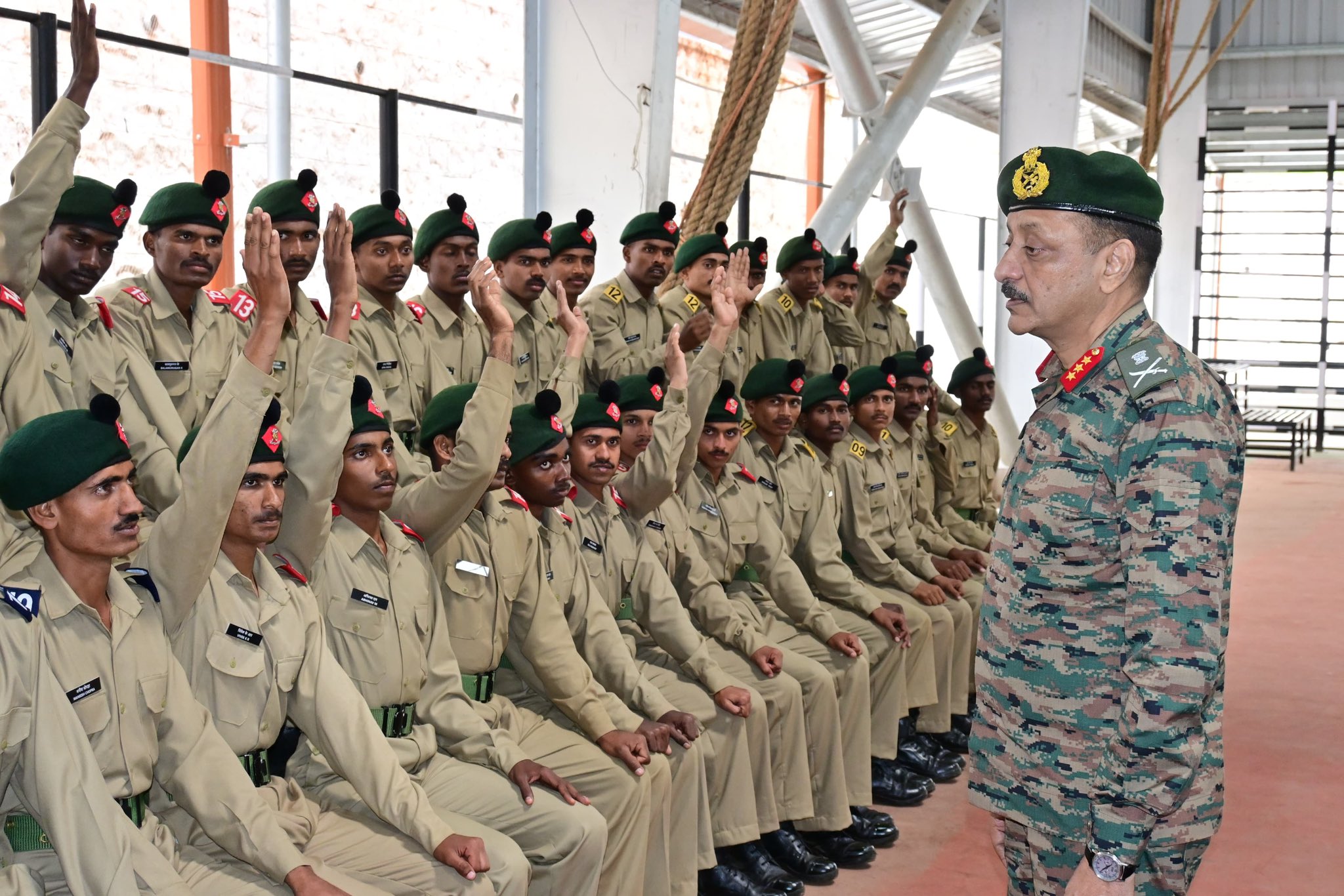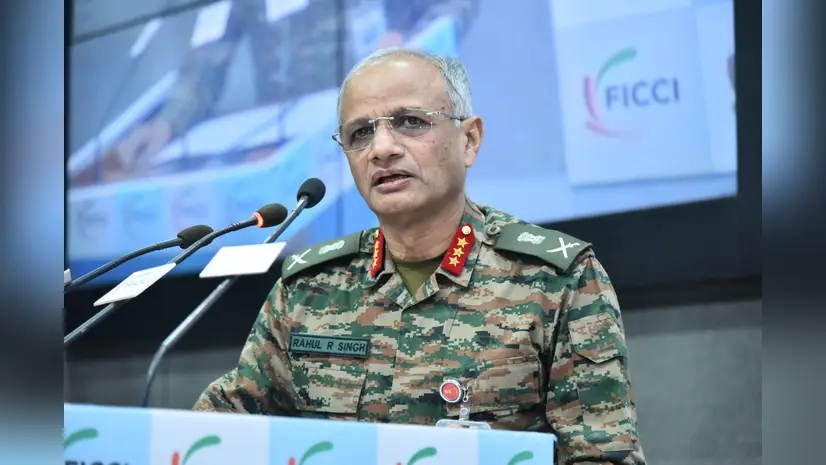Meet Major Rohit Bachwala: AFMC Officer Who Helped Deliver a Baby at Jhansi Railway Station
In a heart-stirring moment of selfless service, Major Rohit Bachwala, a medical officer from the Indian Army's Medical Corps (AMC),…
Lt Col Neeraj Chopra Lights Up Bengaluru With Victory at Historic NC Classic 2025
In a landmark moment for Indian athletics, Lieutenant Colonel Neeraj Chopra delivered yet another golden performance, this time on home…
Indian Army’s Gurkha Troops Share Joyful Dance With Their GOC
A video capturing a joyful moment between General Officer Commanding (GOC) Major General Kartik C Seshadri and Gurkha troops has…
Command Hospital Chandimandir Performs First Bone Marrow Transplant, Marks Medical Milestone
In a landmark medical achievement, Command Hospital Chandimandir has successfully performed its first bone marrow transplant on a patient suffering…
Lt Gen Anoop Shinghal Visits Madras Regimental Centre to Review Technology-Driven Training Upgrades
Lt Gen Anoop Shinghal, AVSM, SM, Director General of Recruiting in the Indian Army, visited the Madras Regimental Centre in…
Chinese Surveillance Foils India’s Planned BrahMos Strike on Pakistan’s JF-17 Factory
As reported by IDRW, in a revelation that raises serious concerns for India’s national security, Lieutenant General Rahul R Singh,…






